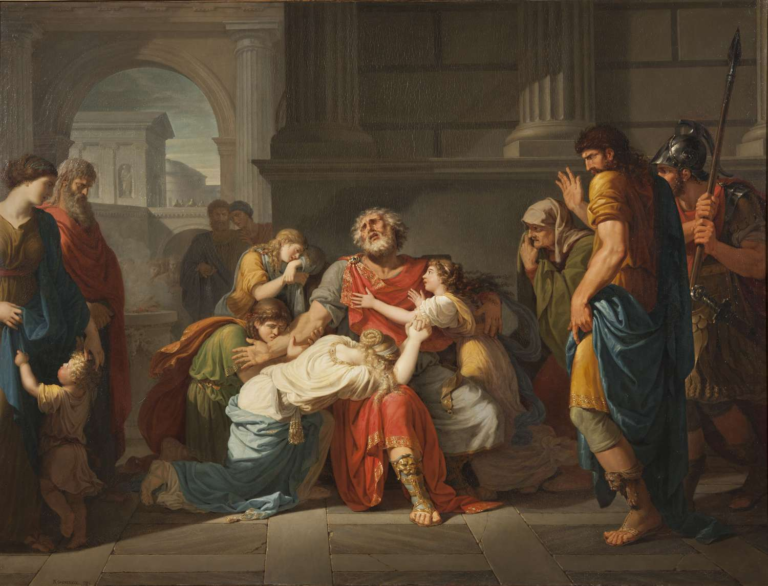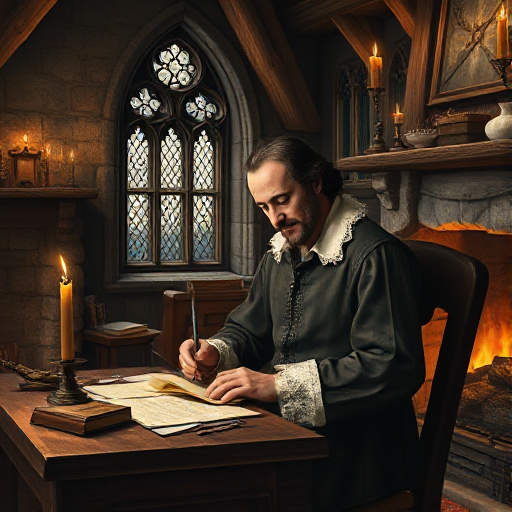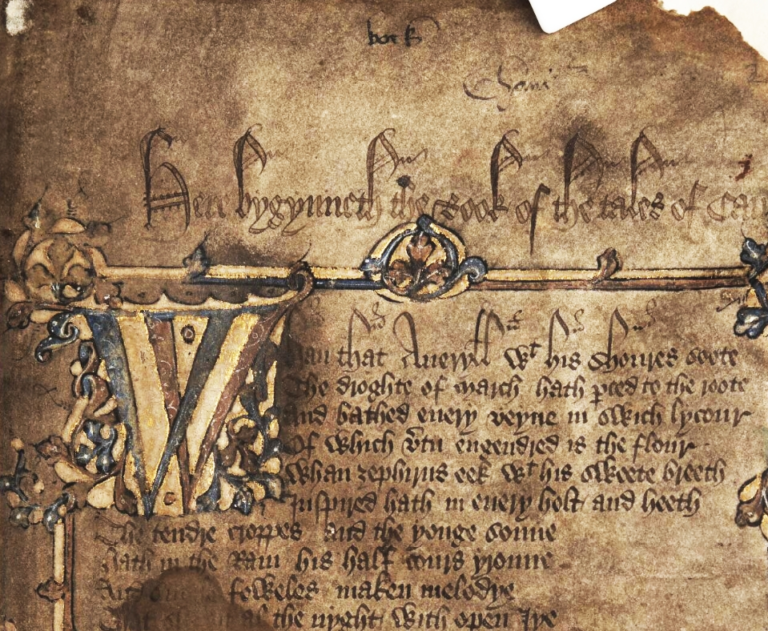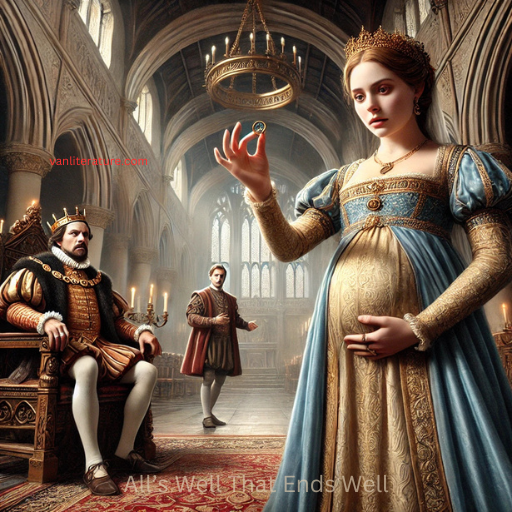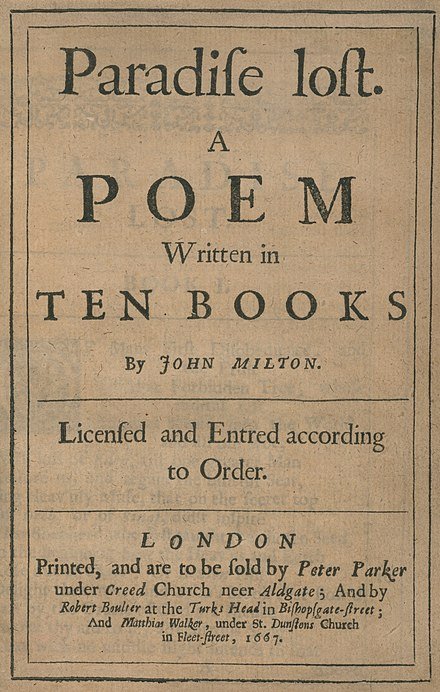“William Shakespeare: The Bard of Avon”
William Shakespeare – The Timeless Wisdom
William Shakespeare, often referred to as the Bard of Avon, is widely regarded as one of the most influential playwrights and poets in the English language. Born in Stratford-upon-Avon in 1564, his works have transcended time and continue to resonate with audiences worldwide. Shakespeare’s profound understanding of human nature, combined with his masterful command of language, has secured his place in the annals of literary history.
birth and Education:
Shakespeare was born on April 23, 1564, to John Shakespeare, a successful glover and alderman, and Mary Arden, a daughter of a wealthy landowning family. He was baptized on April 26, 1564, in the Holy Trinity Church. Although much of his early life remains shrouded in mystery, it is believed that he attended the local grammar school, where he would have received a rigorous education in Latin literature and rhetoric.
Personal Life and Death:
Shakespeare married Anne Hathaway in 1582, and they had three children: Susanna, and twins Hamnet and Judith. Despite his professional success in London, Shakespeare maintained close ties to Stratford-upon-Avon, where he purchased a large house known as New Place.
He died on April 23, 1616, and was buried in the chancel of the Holy Trinity Church in Stratford-upon-Avon. His epitaph, purportedly penned by Shakespeare himself, warns against moving his bones, a testament to his wit even in death.
Career in London:
In the late 1580s, he moved to London, where he embarked on a career as an actor, playwright, and shareholder in the Lord Chamberlain’s Men, later known as the King’s Men. This company became one of the most successful in London, performing at venues such as the Globe Theatre and Blackfriars Theatre.
Shakespeare’s prolific output includes 39 plays, 154 sonnets, and two long narrative poems. His plays span various genres, including comedies, tragedies, histories, and romances, showcasing his versatility and creativity.
Major Works and Themes:
Comedies:
His comedies, such as “A Midsummer Night’s Dream,” “Twelfth Night,” “Much Ado About Nothing,” “The Merchant of Venice” and “The Comedy of Errors” are celebrated for their intricate plots, witty dialogue, and humorous exploration of love and identity.
Tragedies:
His tragedies, including “Hamlet,” “Othello,” “King Lear,” “The Tragedy of Julius Caesar” and “Macbeth,” delve into the complexities of human nature, power, ambition, and the consequences of flawed decisions. These works are characterized by their intense emotional depth and timeless relevance.
Histories:
His history plays, such as “Henry V,” “Richard III,” and “Julius Caesar,” dramatize the lives of English kings and political leaders, offering insights into power, leadership, and the cyclical nature of history.
Romances:
In his later years, he wrote romances like “The Tempest” and “The Winter’s Tale,” which blend elements of comedy and tragedy, often culminating in themes of redemption, forgiveness, and the reconciliation of characters.
Influence and enduring Legacy
Shakespeare’s influence on the English language and literature is unparalleled. His inventive use of language, including the creation of new words and phrases, has enriched the lexicon. Phrases such as “break the ice,” “heart of gold,” and “wild-goose chase” have become ingrained in everyday speech.
His works have been translated into numerous languages and adapted into countless films, television shows, and theatrical productions. His plays are studied in schools and universities worldwide, ensuring that his legacy endures.
His Everlasting Influence:
William Shakespeare’s impact on literature is profound and enduring. His deep understanding of human nature and mastery of language continue to captivate and inspire readers worldwide. As he famously wrote, “All the world’s a stage,” ensuring his influence remains timeless and universal. His works resonate across cultures, enriching our appreciation of life’s complexities and offering timeless wisdom.

